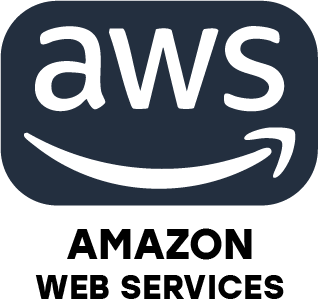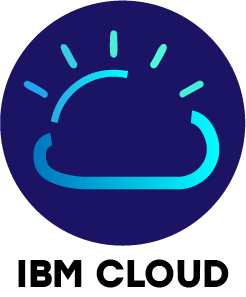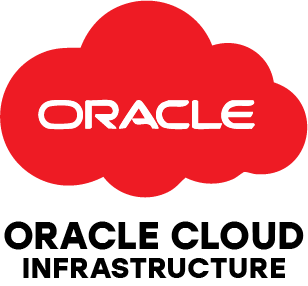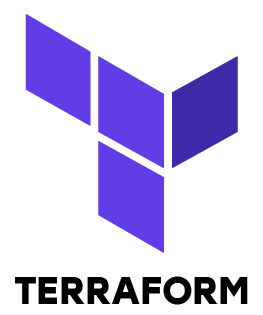- Join the Best Azure DevOps Training Institute to Master Cloud & Automation Practices.
- Our Azure DevOps Course Covers Everything From Fundamentals to Advanced Workflows.
- Choose from flexible learning options weekday, weekend, or accelerated batches.
- Gain Hands-on Experience by Working on Real-time Projects Guided by Experts.
- Earn a Globally Recognized Azure DevOps Certification With Placement Assistance.
- Get Expert Support in Crafting a Professional Resume and Excelling in Job Interviews.
Join Our 100% Job Guaranteed
Azure DevOps Training
WANT IT JOB
Become a Azure DevOps Engineer in 3 Months
Freshers Salary
3 LPA
To8 LPA
Quality Training With Affordable Fees!
INR
₹33000
INR
₹30680

10542+
(Placed)
5897+
(Placed)
7565+
(Placed)
4123+
(Placed)

























 Chennai Location
Chennai Location Bangalore Location
Bangalore Location